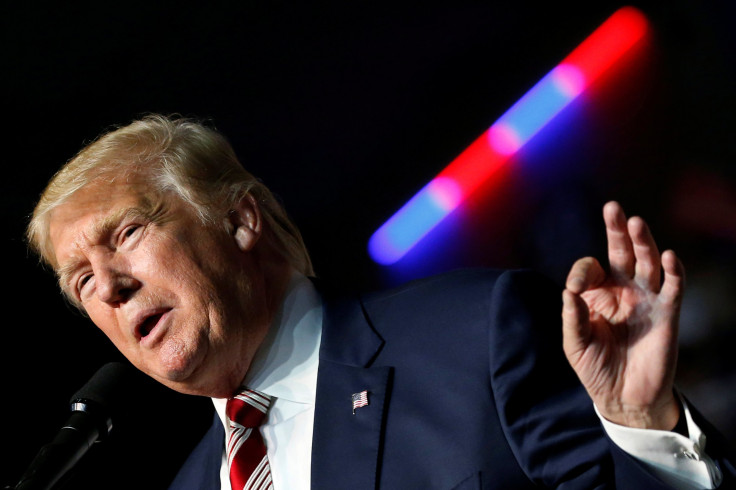Do Presidential Debates Really Matter? Trump, Clinton Battle Could Determine Election

At long last the first presidential debate is here, as Democratic nominee Hillary Clinton and her Republican counterpart Donald Trump are set to square off Monday night at Hofstra University in Hempstead, New York. But how much the debate actually affects the election is, well, up for debate.
Typically speaking, the candidate from the party not currently holding the White House sees an uptick in support after the first debate, according to a study dating back to the 1976 election performed by data-driven website FiveThirtyEight. Since President Barack Obama is a Democrat, Trump has the most to gain Monday.
"Eight out of 10 times, the non-incumbent party’s candidate — that’s Trump this year — gained in the polls after the first debate," wrote FiveThirtyEight Monday. "That includes each of the last five times."
The article detailed how the non-incumbent usually picked up a modest gain — which could hand Trump the national lead in the close 2016 race — but the candidate doesn't necessarily hold onto that increased support.
Historically:
— Nate Silver (@NateSilver538) September 26, 2016
—The non-incumbent party's candidate gains from 1st debate.
—But they don't hold onto these gains.https://t.co/MBkHHmMhcy
Of course there are big mistakes to be made in debates that can leave a lasting image in voters' minds. Some major examples of such blunders include Richard Nixon sweating and looking nervous in 1960 while battling illness in a debate with John F. Kennedy; President Gerald Ford stumbling over a statement on Soviet dominance in '76; and President George H.W. Bush getting handled by Bill Clinton and Ross Perot in '92.
Essentially, major blunders or stunning performances can shift the tenor of an election. It's not necessarily a death sentence to lose the first debate — Obama was trounced by Republican Mitt Romney in the first matchup in 2012 but came back to win the election — but it can be an event that overshadows everything else.
And in an election unlike any other, one largely defined by Trump's braggadocio and apparent insults, it's expected there will be unprecedented attention on the event, which could ramp up its importance. GOP debate coach Brett O'Donnell told U.S. News and World Report that he expects some 100 million people could tune in for the start of the debate and that the event could "change the entire narrative of the entire campaign."
The debates are definitely important, even if — or perhaps because — they're often more about a witty line or theatrics rather than concrete policy ideas.
"They show us things about candidates that other venues do not, but they also sometimes overwhelm everything else we know about a candidate," presidential historian Michael Beschloss told NBC News.
© Copyright IBTimes 2024. All rights reserved.












